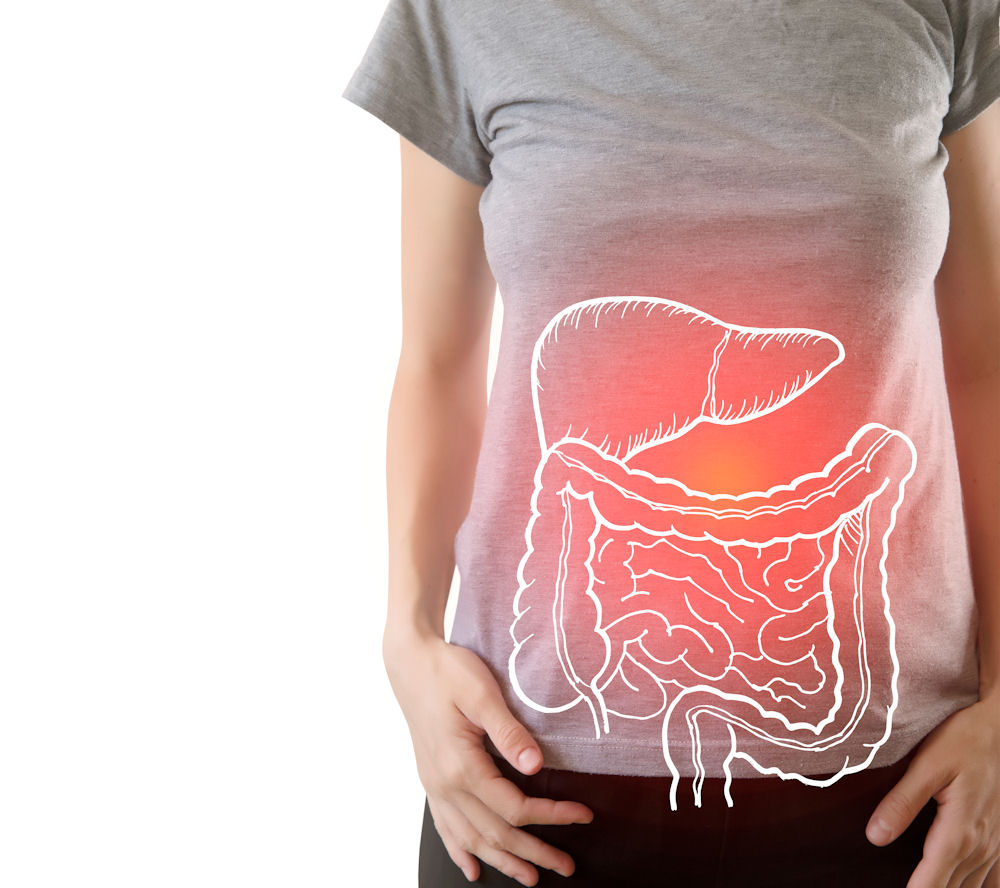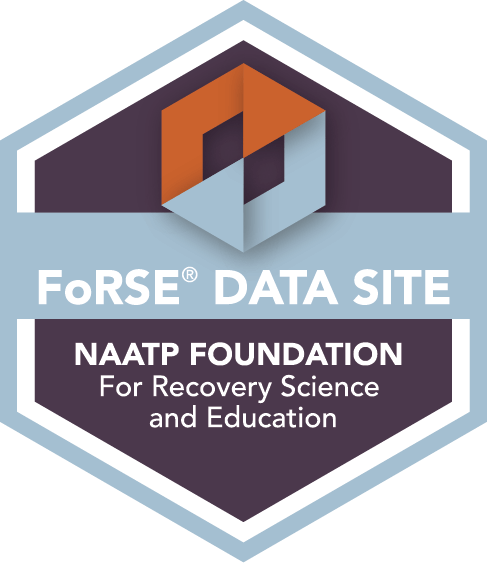Understanding Detox Symptoms
Detoxification is the body’s natural and essential process of eliminating harmful toxins accumulated over time from substances like drugs, alcohol, processed foods, and environmental pollutants. When you begin drug and alcohol detox, your body undergoes a wide range of physical and emotional changes as it adjusts to functioning without these substances. Recognizing the signs your body is detoxing can help you better understand, manage, and navigate this critical and often transformative phase of recovery.

Common Signs of Detoxing
Headaches are a common and often frustrating symptom during detox, as the body begins adjusting to the sudden absence of addictive substances it had become dependent on. These headaches can result from shifts in blood flow, changes in neurotransmitter levels, dehydration, and the stress placed on the central nervous system. Staying well-hydrated, getting adequate rest, and practicing relaxation techniques can all help alleviate this uncomfortable but temporary symptom.
As your body works hard to eliminate built-up toxins and restore internal balance, you may experience persistent fatigue or a general sense of low energy. This is a completely normal response to the significant amount of energy your body expends during detoxification, especially as it redirects resources toward healing, cellular repair, and the rebalancing of systems that were impacted by substance use or abuse.
Detox can often lead to noticeable changes in bowel movements, including episodes of diarrhea, constipation, or even alternating between the two. These digestive disruptions occur as your gastrointestinal system adjusts to the sudden absence of substances that may have previously altered gut function, nutrient absorption, and regularity. As your body begins to heal, the digestive tract works to reestablish normal patterns and restore balance, which can take time but is a key part of the detoxification process.
Increased sweating is a natural and important way for the body to expel toxins through the skin, which is one of the largest organs involved in detoxification. As your body works to cleanse itself, sweat glands become more active, helping to flush out impurities while also regulating internal temperature. Although it can feel uncomfortable, this heightened perspiration is a positive sign that your body is actively engaging in the detox process and working toward internal balance.
Muscle aches and body pains are common and often uncomfortable symptoms that arise as the body eliminates toxins and begins adjusting to a substance-free state. These physical sensations may be caused by inflammation, electrolyte imbalances, or the body’s natural efforts to repair tissues and restore proper function after prolonged exposure to harmful substances. While these aches can be discouraging, they are typically temporary and tend to subside gradually as detox progresses and healing begins.
Signs Your Body is Detoxing: Emotional and Psychological Changes
Detox can cause significant emotional instability, often showing up as mood swings, irritability, anxiety, or even sudden bursts of anger or sadness. These emotional shifts are the result of chemical changes in the brain as it begins to adapt to the absence of substances that previously influenced mood, stress response, and emotional regulation. Without the numbing effects of drugs or alcohol, unresolved emotions and imbalances in neurotransmitters can surface, making this phase feel overwhelming. However, these symptoms are a natural part of the brain’s healing process and usually improve with time, support, and continued treatment.
Intense cravings for the substance are a hallmark of detox and can feel overwhelming or even all-consuming at times. These powerful urges are the brain’s response to the sudden absence of a substance it has grown accustomed to relying on, both physically and psychologically. Cravings are driven by disrupted dopamine pathways and conditioned habits formed during substance use. While they can be challenging to manage, cravings are a natural part of the detox process and often lessen in intensity as the brain begins to rewire and stabilize with ongoing support and sobriety.
Difficulty sleeping is a common and often frustrating experience during detox. The body’s internal clock, also known as the circadian rhythm, and natural sleep patterns can become disrupted as it adjusts to functioning without the influence of substances that once affected brain chemistry, relaxation, and rest cycles. Insomnia, frequent waking, vivid dreams, or restlessness at night may occur, especially in the early stages of detox. While sleep disturbances can feel draining, they are usually temporary and tend to improve as the body and mind stabilize and begin to heal.
Duration of Detox Symptoms
The length of time detox symptoms last can vary depending on the individual, the type of substance used, duration of use, and overall health. In general, symptoms may peak within the first few days and gradually subside over a week or more. Some psychological effects, such as anxiety or mood swings, may last longer and require continued support and therapy.

The Body’s Detoxification Process
Organs Involved in Detox
Detoxification involves the body’s interconnected systems – primarily the liver, kidneys, lungs, skin, and digestive tract. They work together, around the clock, in a coordinated effort to remove harmful toxins, metabolic waste, and residual substances built up over time.
Role of the Liver and Kidneys
The liver plays a central role in filtering toxins from the bloodstream and breaking them down so they can be safely excreted. The kidneys assist by filtering waste from the blood and eliminating it through urine. Together, these organs help cleanse the body and restore balance.
Managing Detox Symptoms
Managing detox symptoms involves intentional self-care, consistency, and, in many cases, professional medical supervision to ensure safety and effectiveness throughout the process:

- Hydration: Drink plenty of water throughout the day to help flush toxins from your system, support kidney function, and maintain energy levels as your body heals.
- Nutrition: Eat balanced meals that are rich in vitamins, minerals, fiber, and antioxidants to support your body’s healing, stabilize blood sugar, and replenish lost nutrients.
- Rest: Ensure you get adequate, restorative sleep to aid recovery, reduce inflammation, and give your body the downtime it needs to repair and restore itself.
- Medical Support: Professional medical supervision is essential during detox, especially when symptoms become intense or unpredictable. If you are detoxing from substances such as alcohol, opioids, or benzodiazepines, it’s especially important to seek immediate medical attention. Withdrawal from these substances can lead to severe, and in some cases, life-threatening symptoms such as seizures, delirium tremens, or respiratory distress. At a holistic rehabilitation center in Illinois, individuals receive the medical care and support necessary to safely navigate these risks.
Coping with Physical Pain
Over-the-counter pain relievers, hydration, light movement, stretching, and hot showers or baths can ease muscle tension and headaches. Always consult with your care team before taking medications.
Addressing Emotional Changes
Journaling, mindfulness practices, support groups, and talking with a therapist can help manage the emotional ups and downs that come with detox. Processing these changes in a safe space is essential to long-term healing.
Importance of Professional Guidance
Detoxing alone can be risky, especially for individuals with co-occurring health conditions or severe substance dependence. Consulting with healthcare professionals ensures that you receive the right level of care for your unique situation.
At Northern Illinois Recovery Center, we understand that detoxification is a critical and often life-changing first step in overcoming substance use disorders. Our medically supervised programs provide a safe, structured, and supportive environment with 24/7 medical oversight, compassionate care, and personalized attention. Many individuals continue their recovery by moving into Illinois sober living homes, where ongoing support and a stable environment help reinforce long-term healing.

Substance-Specific Detox
Detox from Alcohol
Alcohol detox can result in symptoms ranging from headaches and nausea to severe complications such as seizures or delirium tremens. Medical supervision is crucial to manage risks and provide necessary interventions.
Detox from Drugs
Detox from drugs, whether opioids, stimulants, or prescription medications, can present a wide variety of symptoms, including cravings, anxiety, tremors, gastrointestinal distress, and mood disturbances. A medically supervised program helps ensure comfort and safety throughout the process.
Manage Withdrawal Symptoms Safely at NIRC
Our experienced team of medical professionals offers personalized care plans that are thoughtfully tailored to each individual’s physical, emotional, and psychological needs, ensuring that detox is not only safe but also as comfortable and effective as possible. By closely monitoring symptoms, providing medication-assisted support when appropriate, and adjusting treatment in real-time, we help clients navigate this critical stage with confidence, compassion, and the assurance that they are never alone in the process.
Following detox, we offer a comprehensive range of treatment options, including residential programs, intensive outpatient services, partial hospitalization programs, individualized aftercare planning, and our fentanyl detox center. All of these programs are designed to support long-term recovery and prevent relapse. These continued levels of care help clients build on the foundation established during detox, providing the structure, therapeutic guidance, and community support necessary to heal, grow, and maintain lasting sobriety.
We incorporate a variety of holistic therapies, such as yoga, meditation, breathwork, fitness activities, and nutritional counseling. These therapies are designed to support the physical, emotional, and spiritual aspects of recovery. These integrative approaches are designed to help clients reconnect with their bodies, reduce stress, improve emotional regulation, and cultivate a deeper sense of inner peace and purpose, all of which are essential components of sustainable healing and whole-person wellness.

Heal Safely at Our Detox Center
Recognizing the signs your body is detoxing is essential for understanding the recovery process and staying motivated through the early stages of healing. While detox can be physically and emotionally challenging, it’s a vital and transformative step toward a healthier, more balanced, substance-free life. At Northern Illinois Recovery Center, we’re deeply committed to providing the compassionate support, expert care, and personalized guidance needed to navigate this journey successfully and build a strong foundation for long-term recovery. Our programs also include specialized services through Xanax addiction treatment Illinois to help individuals overcome benzodiazepine dependence safely and effectively.
If you or someone you love is ready to begin the path to healing, don’t wait. Contact Northern Illinois Recovery Center today to speak with a team member, learn more about our detox programs, and take the first step toward a life of freedom, health, and lasting change. For those unsure about their substance use, taking a ‘drug addiction quiz‘ can be a helpful first step to better understand your situation. Your recovery starts here.





